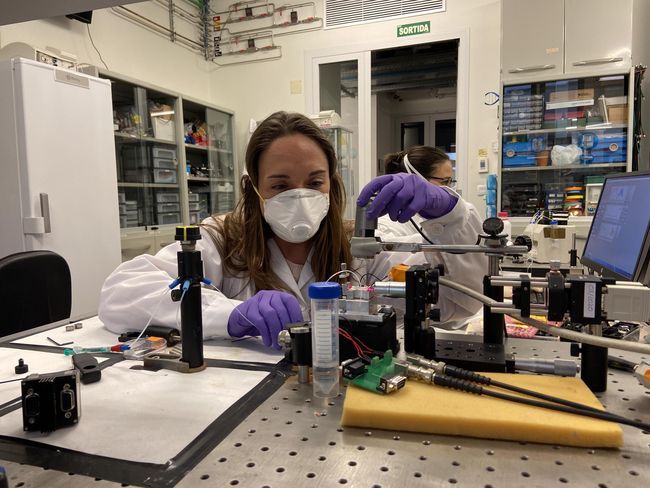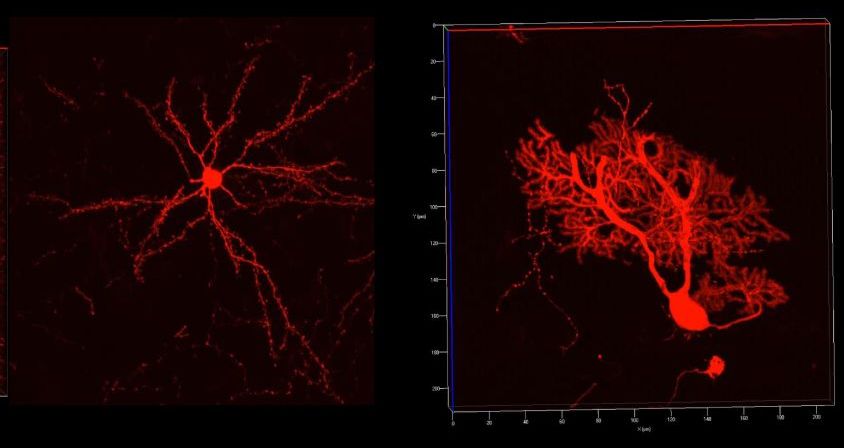Well, that number doubled overnight…
South Korea has identified a growing number of people who make an apparent recovery from the coronavirus only to test positive again, raising fears that the virus is capable of striking the same.


By itself, your PC is not anywhere near as powerful as a supercomputer. Don’t worry, neither is mine, or anyone else’s I know. But while none of use have the computing resources to single-handedly unlock the secrets of a virus, there is strength in numbers. As such, the collective efforts of PC users far and wide have propelled the Folding@home project to crunch data at a pace that is 15 times faster than IBM’s Summit, the top supercomputer in the world.
The developers of Folding@home have been posting periodic updates on Twitter, and according to the latest one, the distributed computing project is currently cranking out around 2.4 exaFLOPs of computational power.
With our collective power, we are now at ~2.4 exaFLOPS (faster than the top 500 supercomputers combined)! We complement supercomputers like IBM Summit, which runs short calculations using 1000s of GPUs at once, by spreading longer calculations around the world in smaller chunks! pic.twitter.com/fdUaXOcdFJ April 13, 2020
The spikes crowning the new coronavirus that causes COVID-19 atypical pneumonia are divulging how they attach, fuse and gain entry to cells. Analysis of the spike architecture and its mechanics is locating the virus’ vulnerabilities, and revealing other information that could prompt the discovery of countermeasures against this virus.
A research team at the University of Washington School of Medicine and Fred Hutchinson Cancer Research Institute uses cryo-electron microscopy and other investigative methods in this effort. They are helping to determine the structure and function of the SARS-CoV-2 spike protein and its chemical binding affinities as these relate to both infection and immune responses, and thereby obtain ideas for blocking the virus’ ingress to cells.
Their multiple findings were published as a preliminary report Feb.20 in bioRxiv, a preprint server for biology. The lead authors are Alexandra C. “Lexi” Walls, a recent postdoctoral fellow, and Young-Jun Park, a research scientist. Both conduct coronavirus studies in the lab of David Veesler, senior author of the report and assistant professor of biochemistry at the UW School of Medicine.
A recent Western-led study says two meters might not be far enough away if someone lets an uncovered cough loose in your direction—meaning sneeze and cough etiquette is more than a simple social nicety, but a key to stopping the spread of diseases like COVID-19.
“It’s pretty hard to avoid a cough,” said Mechanical and Materials Engineering professor Eric Savory. “By the time you react, it’s reached you.”
Teaming up with virologists at Sunnybrook Hospital, Savory recently explored cough airflows produced by human subjects naturally infected with seasonal influenza in order to better understand how the environmental conditions affect the physical transmission of the infection.

BRUSSELS, April 14, 2020 — Responding to the European Commission’s call to tackle the coronavirus pandemic, photonics scientists are developing a new, rapid, noninvasive “optical biosensor” demonstrator that will detect COVID-19 in humans as soon as it is present in the body. Having already created six working laboratory demonstrators for other applications, the research team said the technology still needs further adaptation and testing but could be available in a year at the latest.


For guidance in this time of uncertainty, we spoke with five expert preppers about what they’re doing to ride out the pandemic, how they’ll be ready for whatever comes next—and how you can be too.
Long lines outside grocery stores. Aisles stripped of canned food, toilet paper, and hand sanitizer. A fast-moving pandemic disease that, as of last week, was infecting more than 30,000 people every day.
Just a month ago, such a situation was unimaginable for most of us. But for disaster preppers, it’s precisely the scenario they’re determined to be ready for.
“I’m from a very old Appalachian family. Even before the word ‘prepper’ was a term, we were always putting back stuff and being ready in case we couldn’t go to the store,” says Samantha Biggers, who hardly fits the stereotype seen in TV shows like Doomsday Preppers. Biggers is a tattooed, 36-year-old farmer in North Carolina who brews her own beer and shears her own sheep. That’s a far cry from a wild-eyed paramilitary man living off-grid in a bunker designed to weather an EMP blast.

Researchers have used the gene-editing technique CRISPR to delete a segment of DNA associated with autism and schizophrenia from mouse brain cells.
The technique has only proven effective in mice so far but may eventually be suitable for treating brain conditions in people, says Xiao-hong Lu, assistant professor of pharmacology and neuroscience at Louisiana State University Health in Shreveport.
Unlike techniques used to manipulate DNA in the mouse brain, CRISPR can be applied to people. He says, “We need a tool to help us to carry the genetic elements into the [human] brain.”

Ever since the outbreak of the SARS-CoV-2, scientists have been scrambling to identify the species of origin to understand how the new coronavirus first leapt from its animal hosts to humans, causing the current pandemic infecting more than a million people worldwide.
Scientists have been looking for an intermediate animal host between bats, which are known to harbor many coronaviruses, and the first introduction of SARS-CoV-2 into humans.
Many animals, beginning with snakes and most recently, pangolins, have all been put forth as the likely intermediate, but the viruses isolated from them are too divergent from SARS-CoV-2, suggesting a common ancestor too far back in time—-living in the 1960s.
